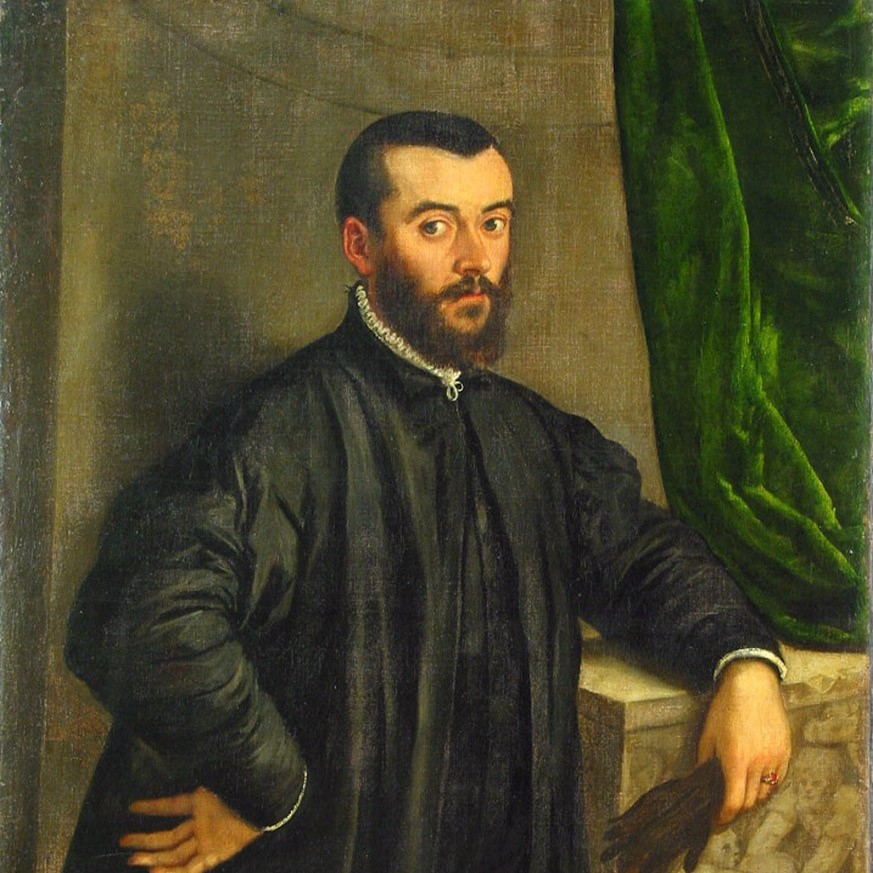
Andreas Vesalius
Andreas Vesalius or Andries Wals was born on the 31 st December 1514 in Belgium specifically Brussels, the father of modern anatomy Indeed the medical gene was transferred through his lineage ,his father being the royal physician in charge of Emperor Charles of The fifth.
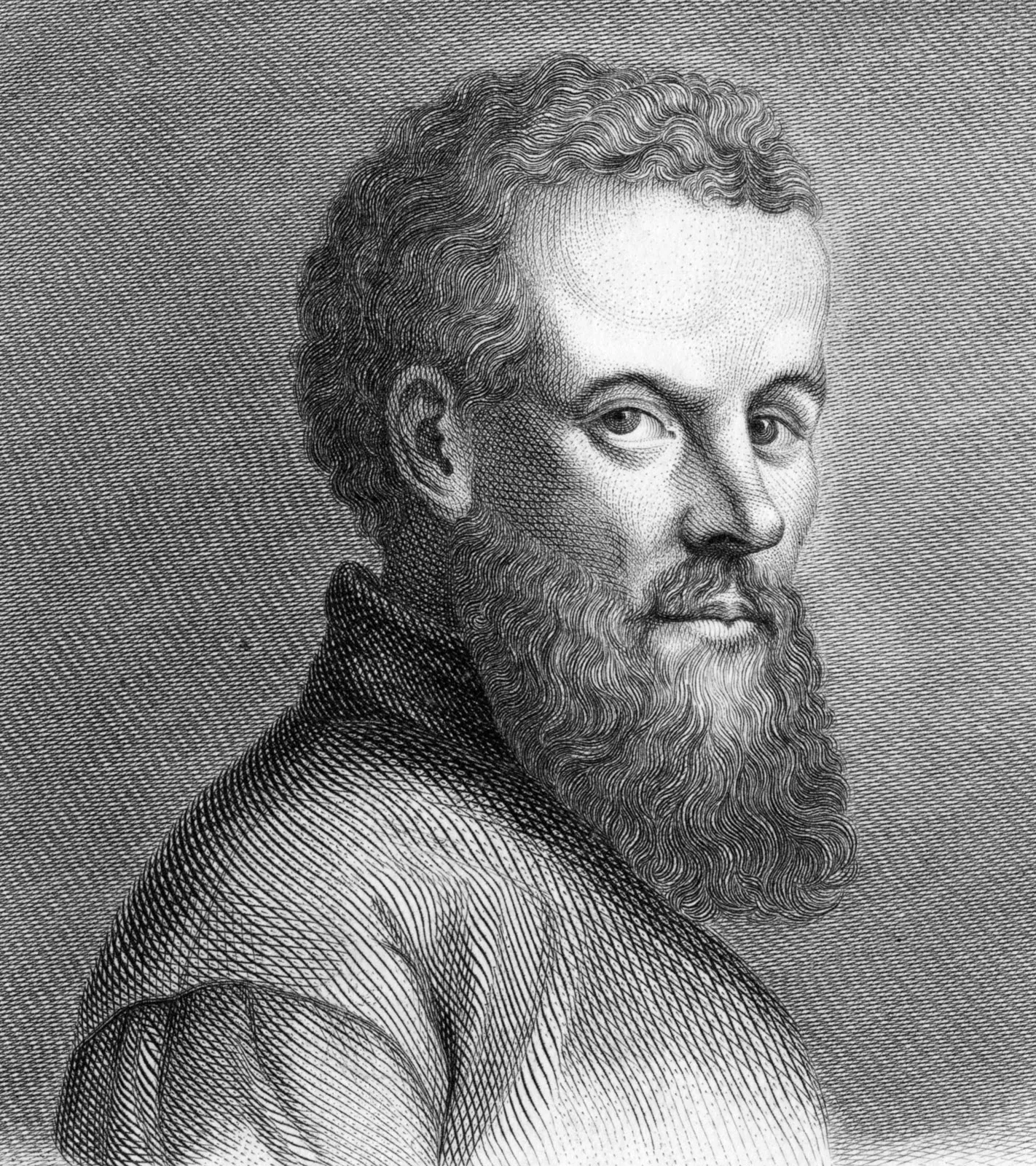
The early or initial education of Vesalius started at the University of Paris and his final education at the University of Padua which he made a revolution of using human cadavers instead of animals like was the tradition.
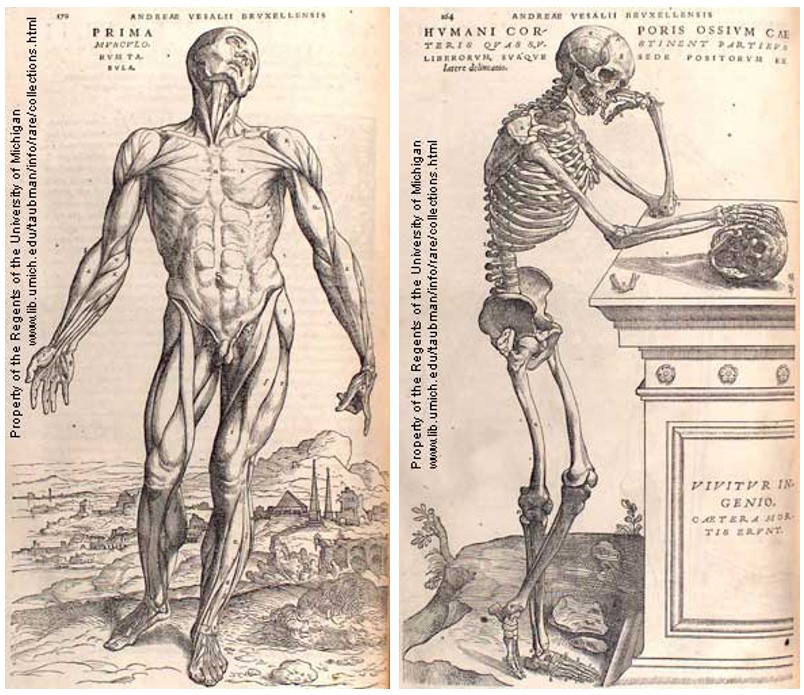
Vesalius gave the book title in 1543 as “De Humani Corporis Fabrica” meaning “On the Fabric of the Human Body”. As a prolific work, which was praised for its rich illustrations, it cleared many anatomical myths and spurred as one of the fundamental texts in the field of medicine.
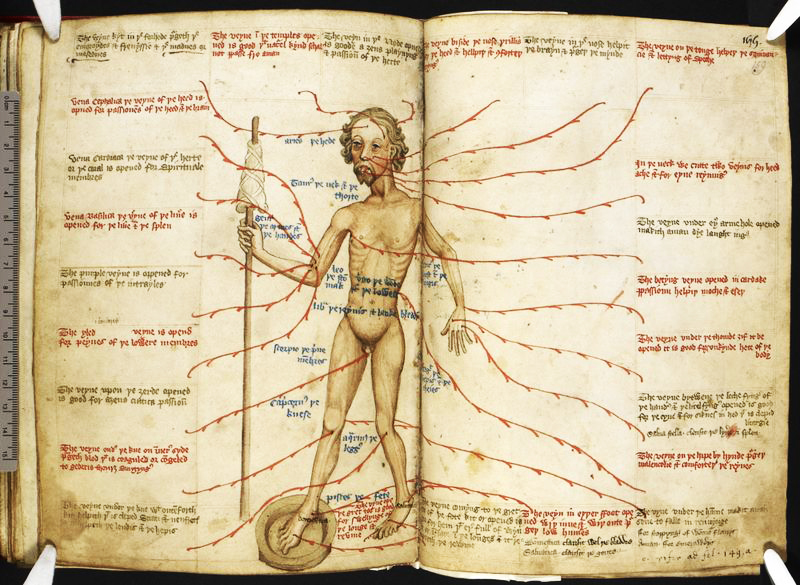
Due to Vesalius’s empirical research and detail anatomical illustrations the training of medical professionals was revolutionized. In the study of the human anatomy focusing on the skeletal system and the internal organs, he set new benchmarks and that gained him recognition.
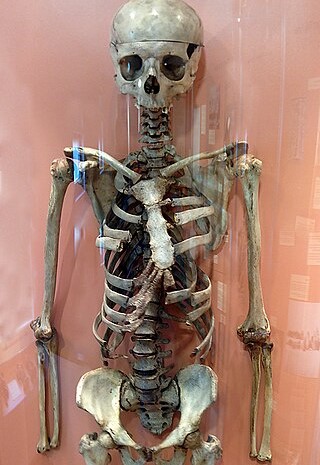
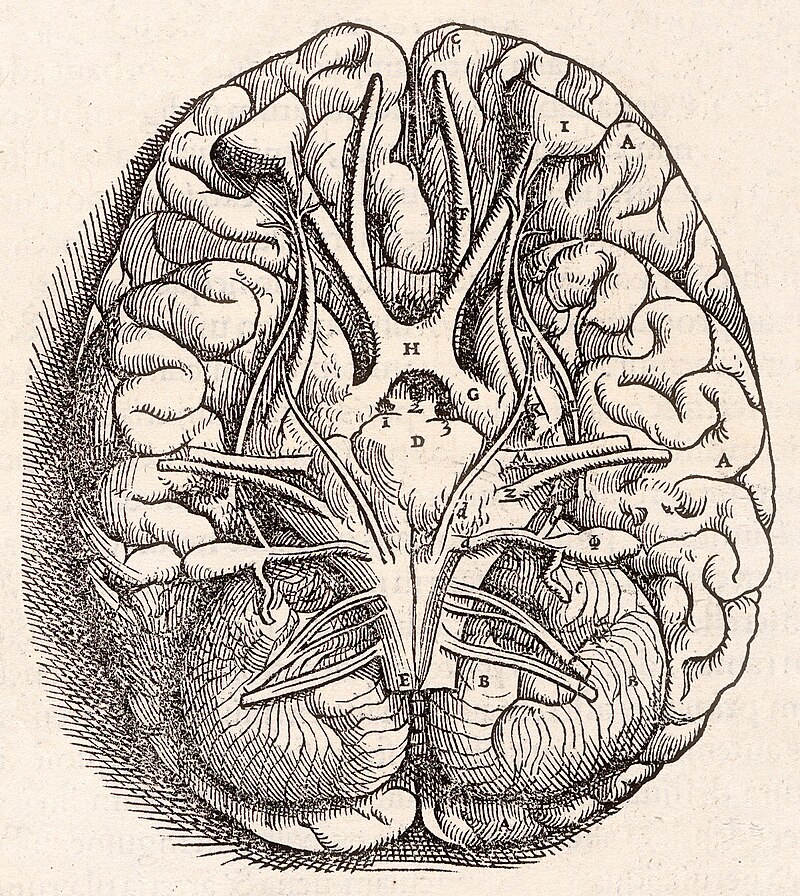
In 1564, he embarked on a pilgrimage to the Holy Land as a result of which he caught a disease. He passed away in the Greek island Zakynthos and it was at the aged of fifty. While Vesalius and his work was not always recognized in his own lifetime he is still commemorated today.
Andreas Vesalius is hailed because of his passion for accurate observation. The significant role of Mondino is that he began the movement toward modern human anatomy and the development of medicine, which is still helpful to doctors today when it comes to learning about the human body.